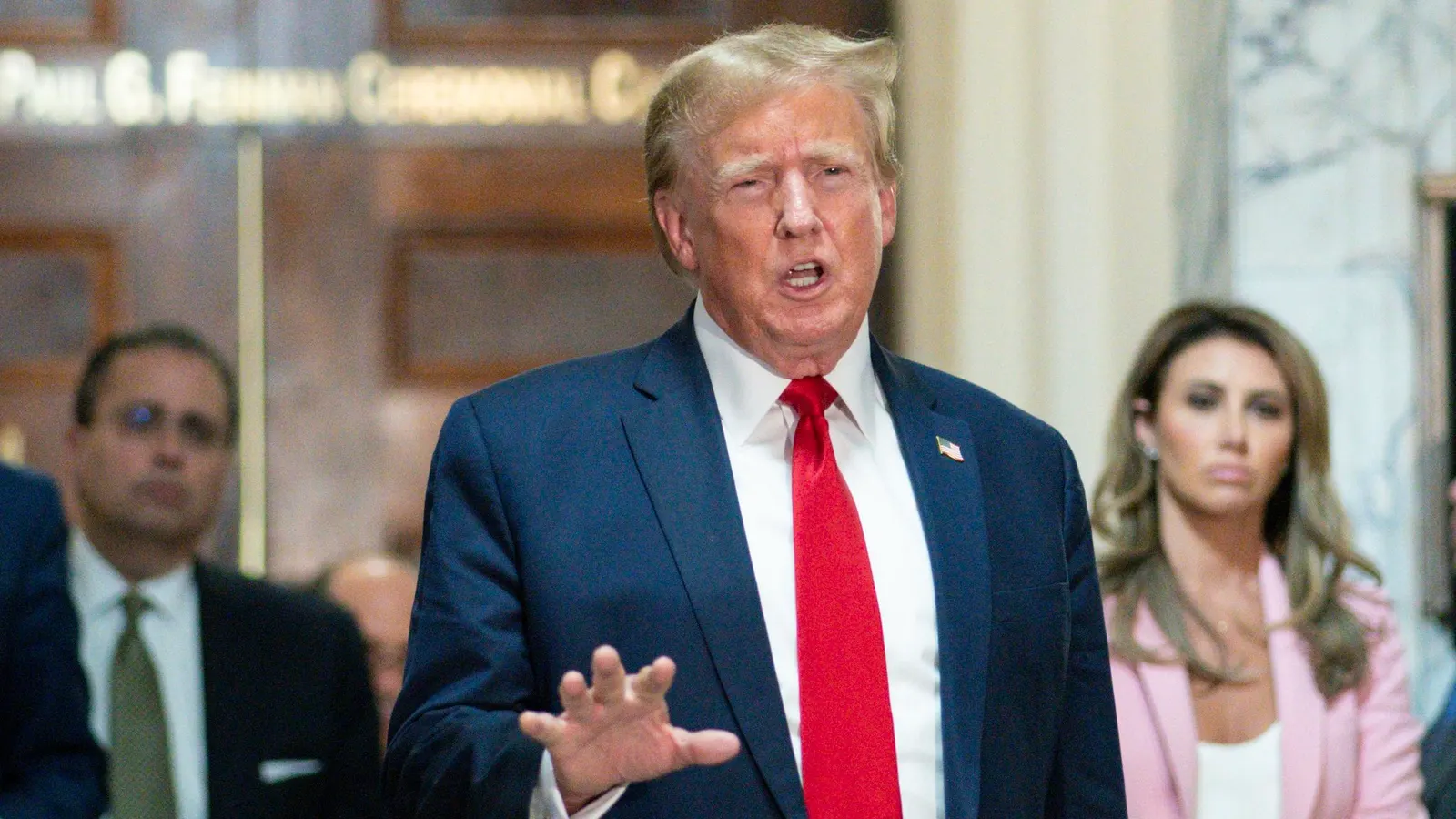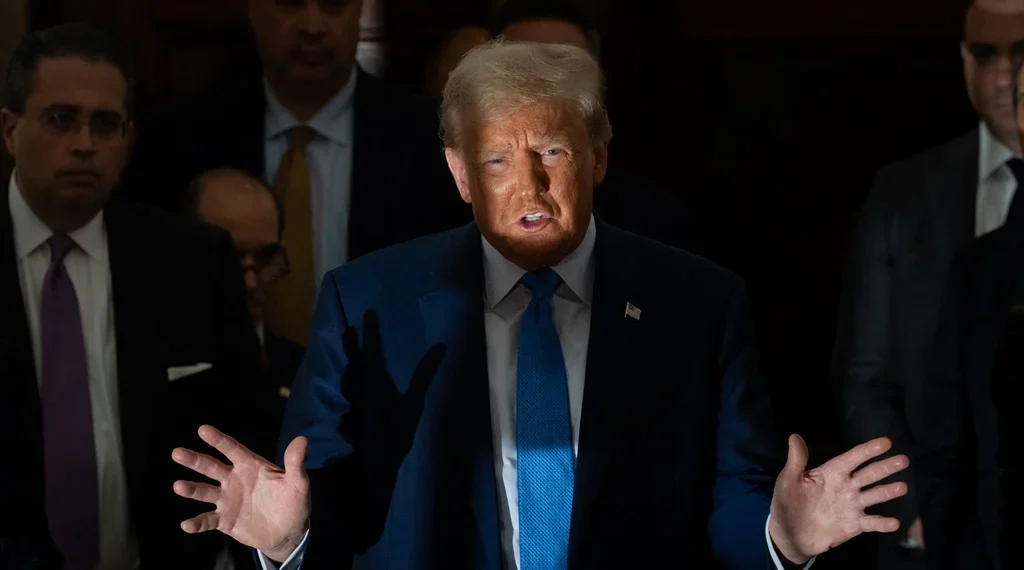Donald Trump’s decision not to attend the upcoming Supreme Court hearing regarding his ballot eligibility in Colorado raises speculation about his legal strategy. The hearing, set for Thursday, addresses the state’s decision to remove Trump from its ballot under the 14th Amendment’s ban on insurrectionists holding public office. Despite the significance of the issue, Trump plans to be absent, opting instead for engagements at Mar-a-Lago and a Nevada caucus victory party.
Sources close to Trump’s legal team emphasize the seriousness of the situation, acknowledging the high stakes involved. The decision for Trump to stay away from the historic Supreme Court arguments reflects a careful approach by his legal advisors, particularly considering Trump’s appointments to the bench, which have created a conservative majority.
Trump’s absence underscores the calculated nature of his legal maneuvering, particularly given the potential ramifications of the Supreme Court’s decision on his ballot eligibility nationwide. While Trump may feel more compelled to attend arguments concerning potential immunity from criminal prosecution following the 2020 election, his absence from the ballot eligibility hearing indicates a strategic prioritization of other engagements.

Throughout recent legal proceedings, Trump and his team have utilized court appearances as platforms to denounce perceived biases and attack the judicial system. However, concerns have been raised that such tactics may have a detrimental impact on Trump’s case. Some within Trump’s inner circle believe his courtroom behavior during previous trials may have harmed his credibility and legal standing.
Despite the possibility of a last-minute change of plans, Trump’s decision not to attend the Supreme Court hearing signals a deliberate focus on campaigning and other priorities. Regardless of his absence, Trump will be represented by an experienced legal team, indicating a methodical approach to addressing the complex legal challenges he faces.





